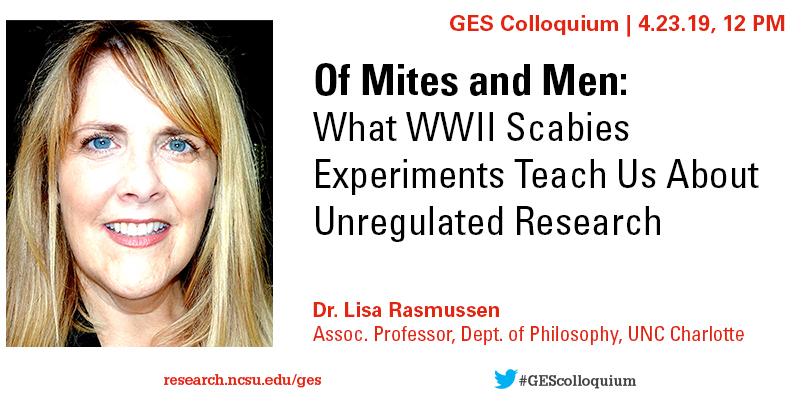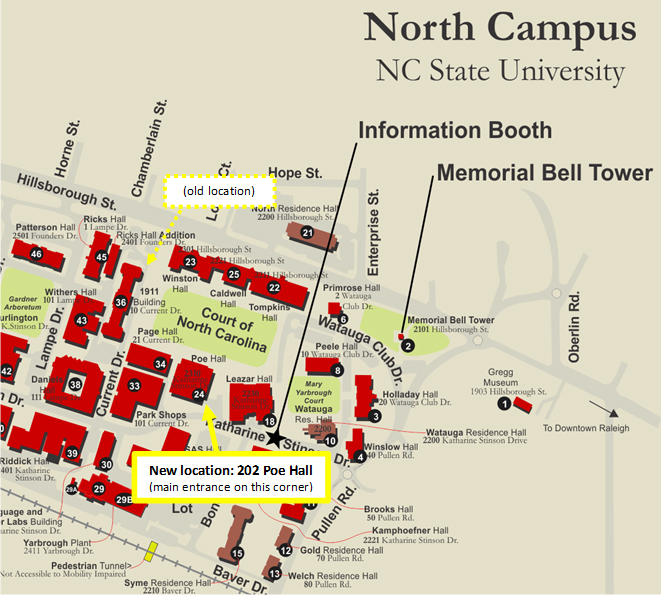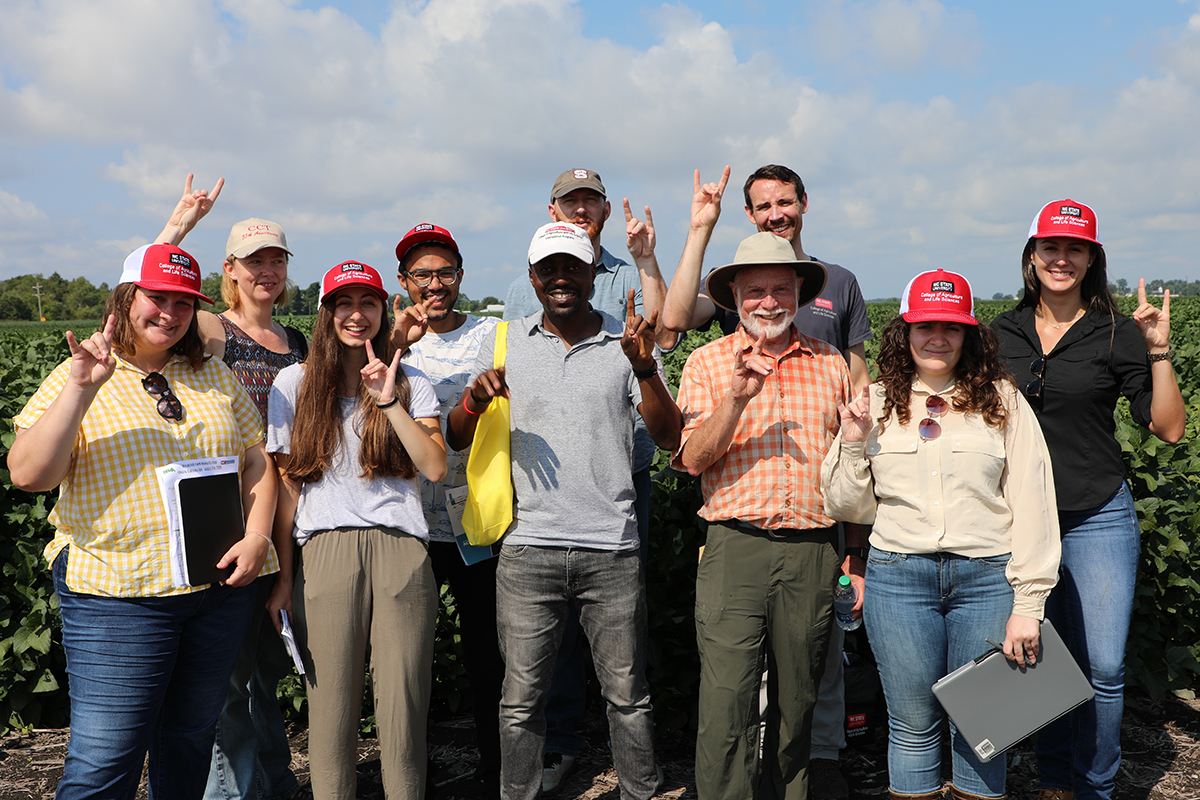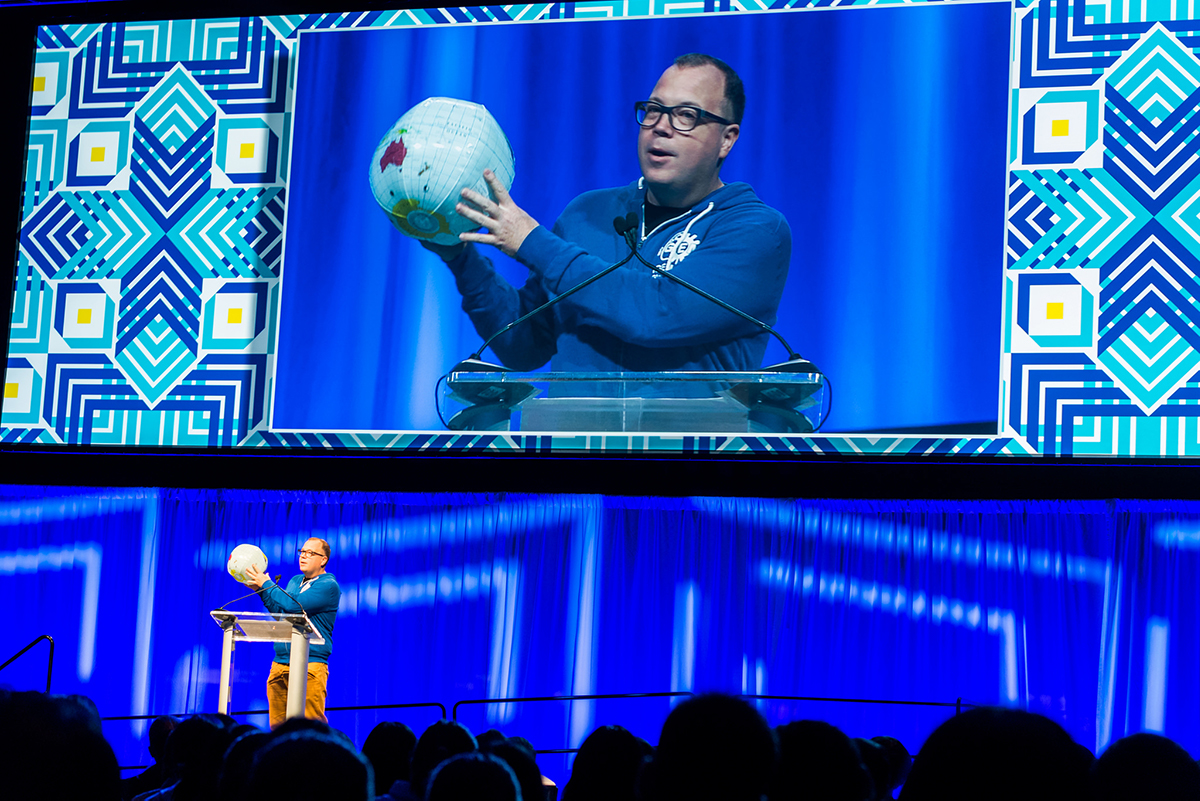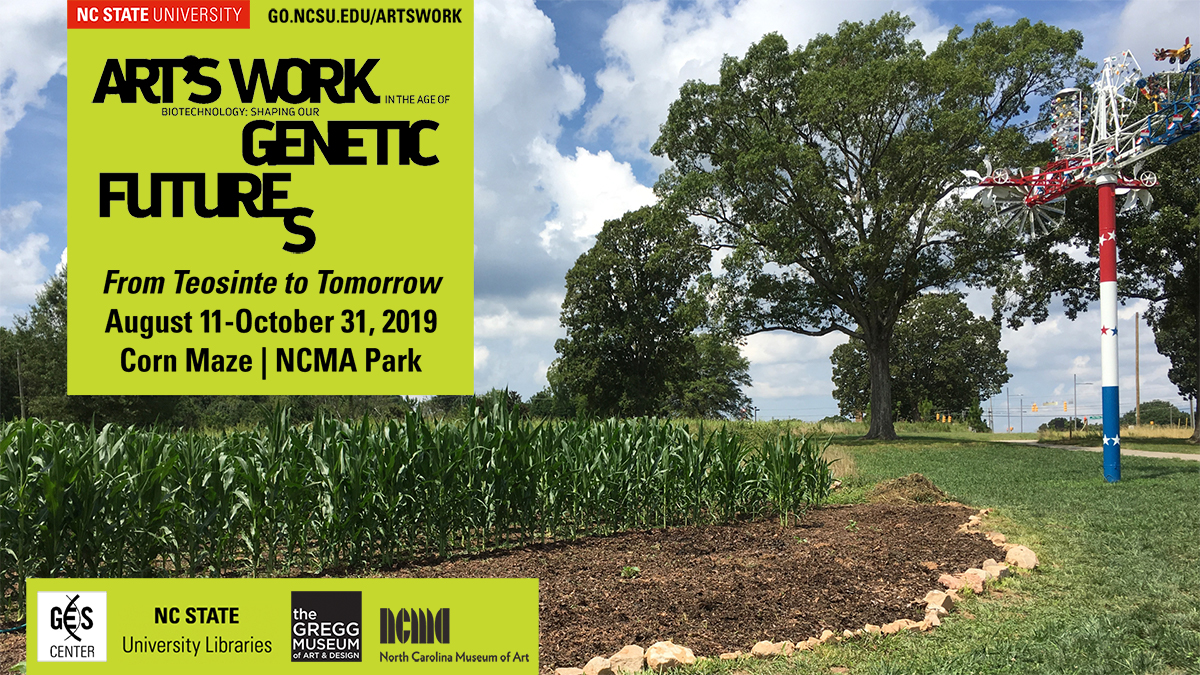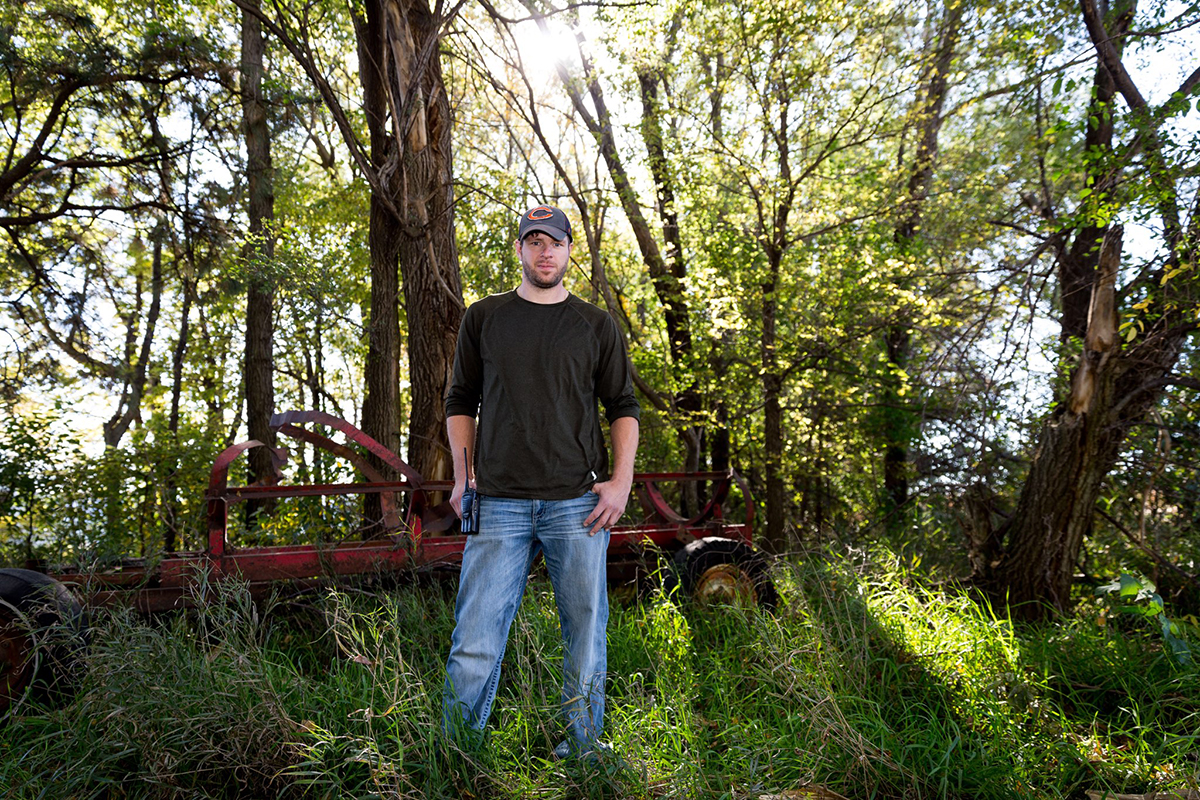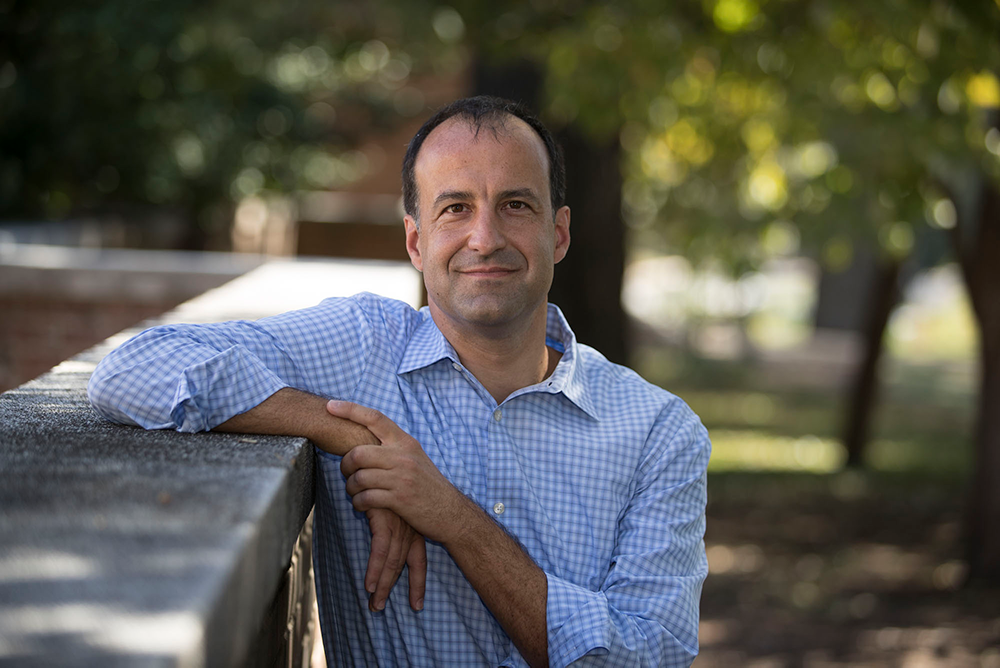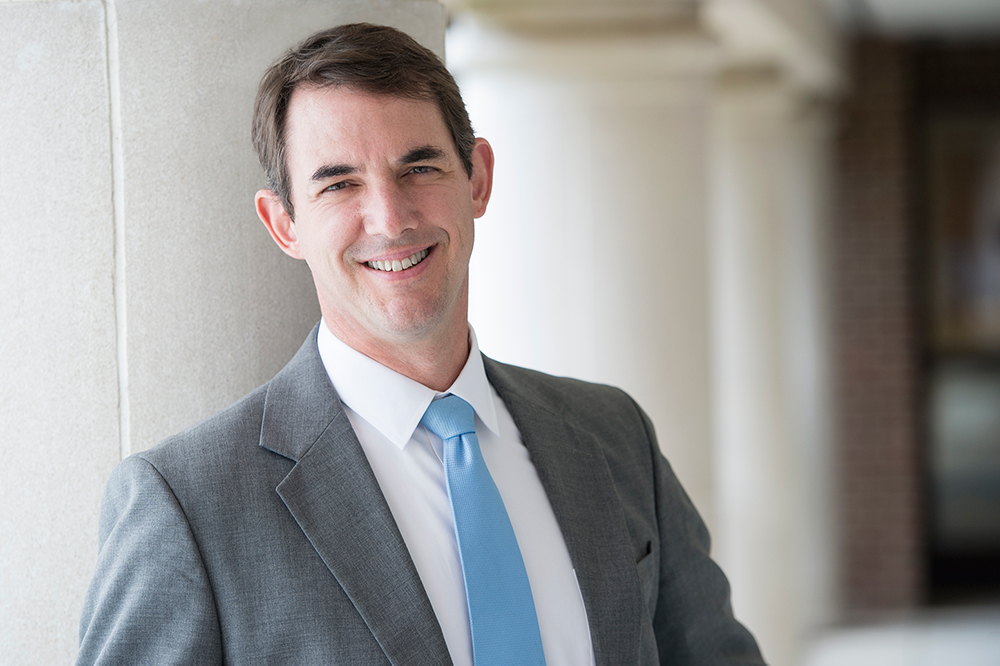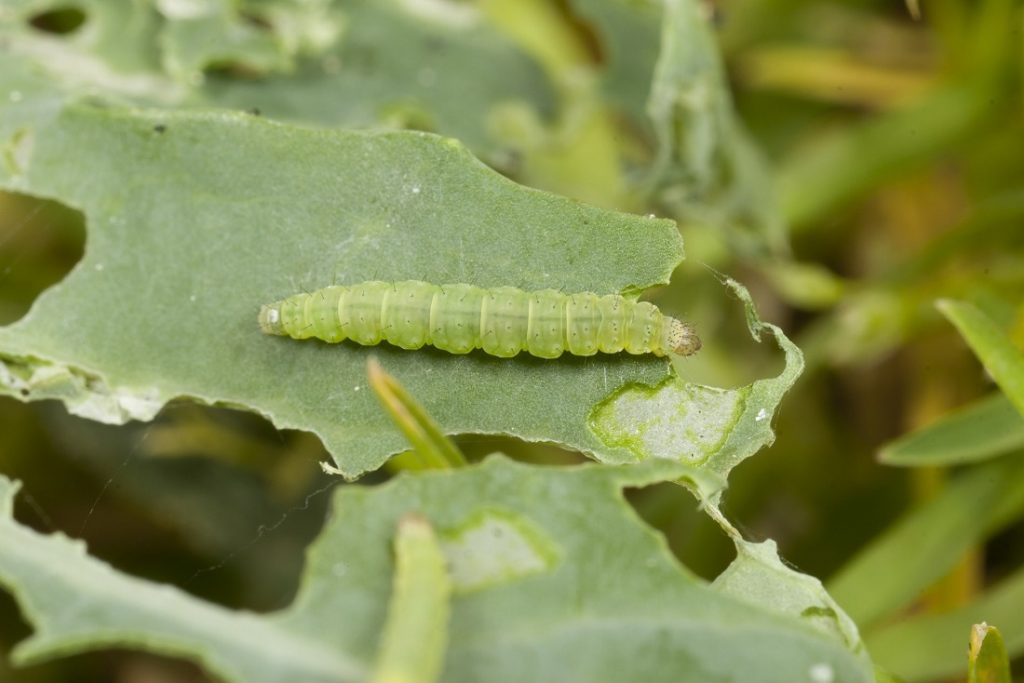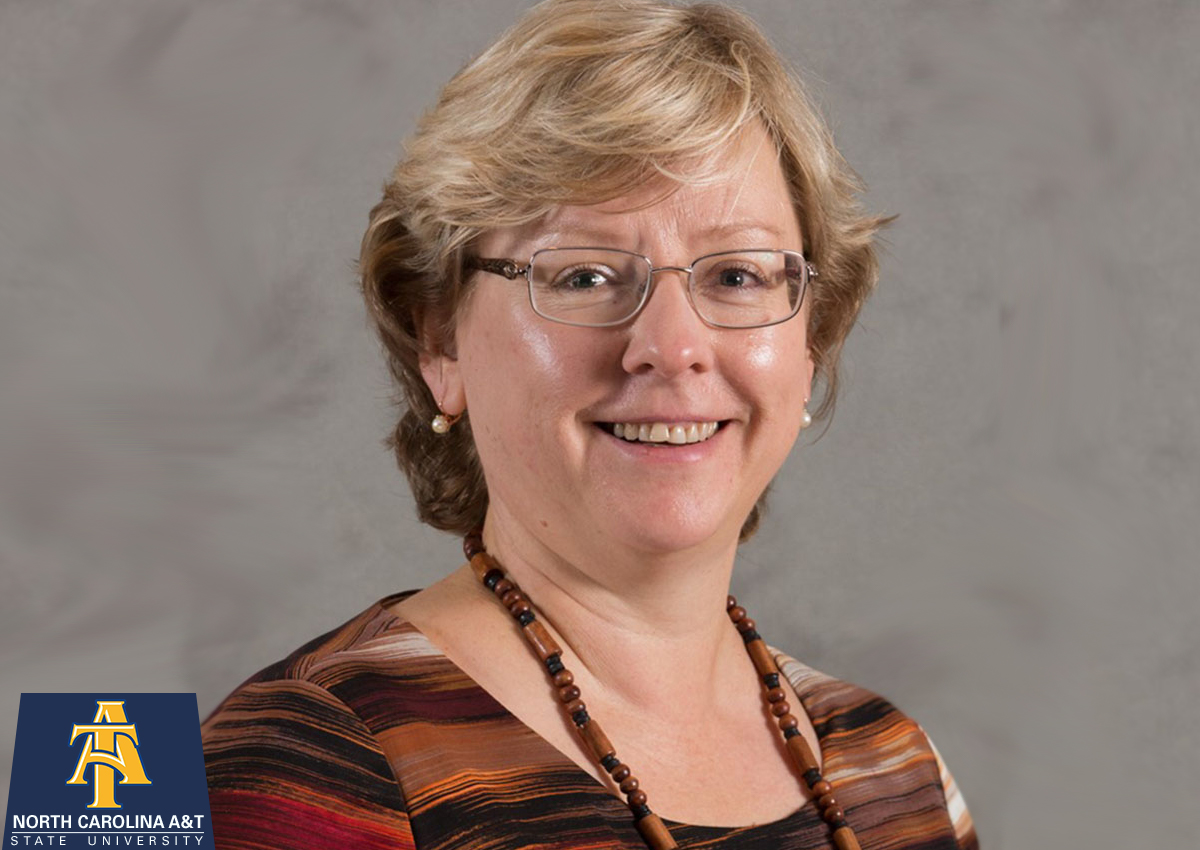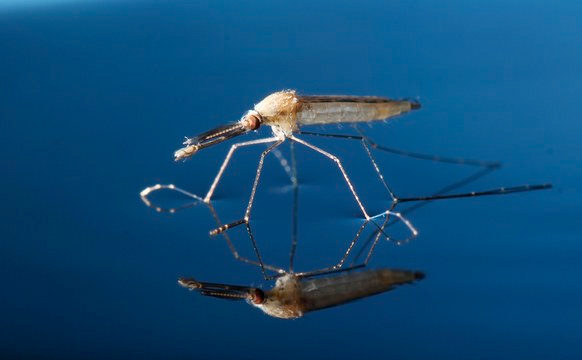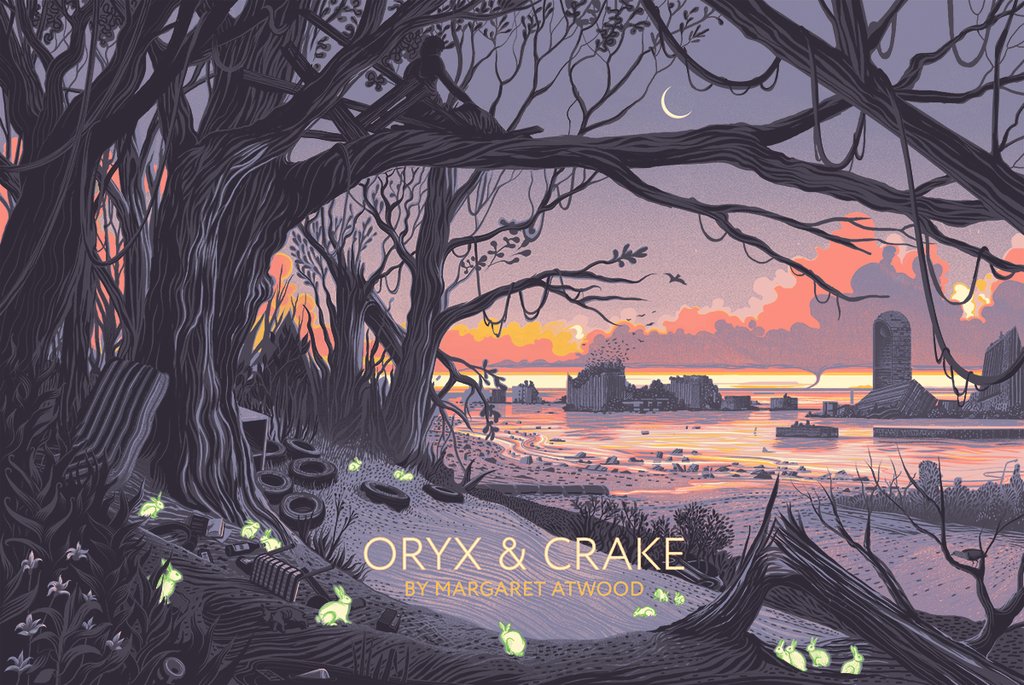GES Colloquium | Lisa M. Rasmussen – What WWII Scabies Experiments Teach Us About Unregulated Research
1911 Building, Room 129 (North Campus) 10 Current Dr., Raleigh, NC, United StatesGES Colloquium, 4/23/18 - Lisa Rasmussen | Of Mites and Men: What WWII Scabies Experiments Teach Us About Unregulated Research - The number of British soldiers suffering from scabies during WWII significantly affected the war effort. Consequently, the British military funded researcy to study the transmission and treatment of scabies. This colloquium looks at how the researcher interpreted ethical obligations to human subjects prior to modern codes and regulations, and what that can teach us about the ethics of new, unregulated forms of research.
